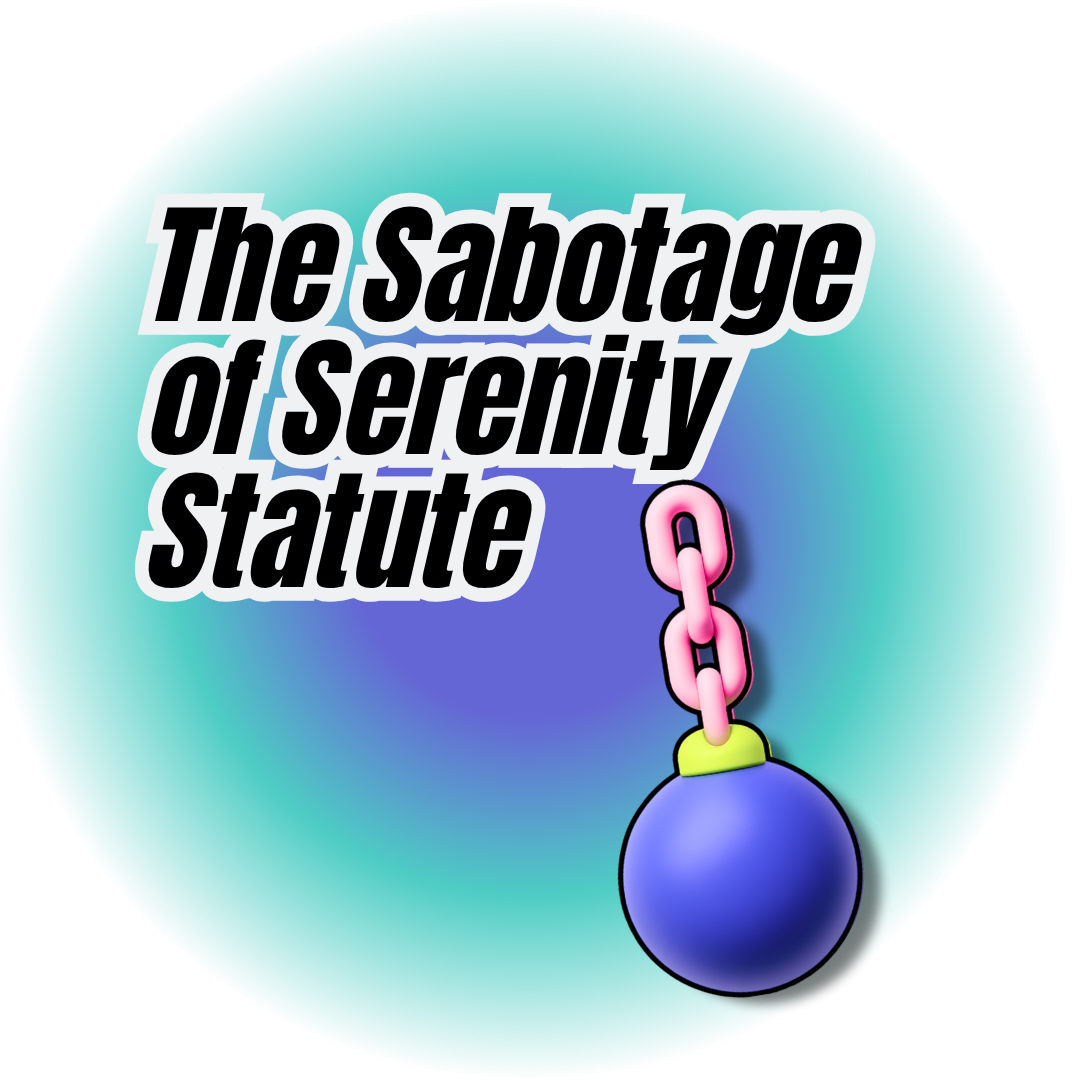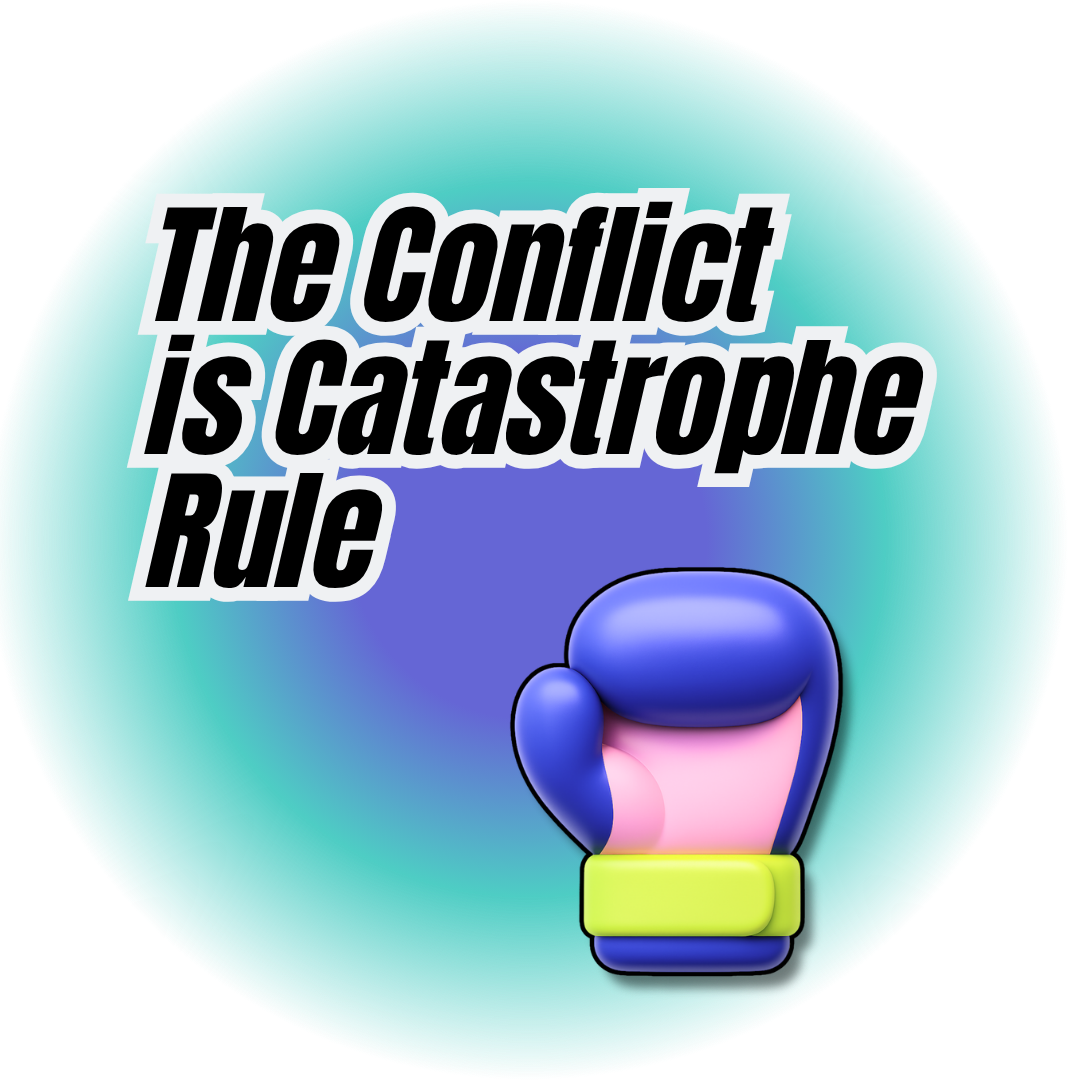When Anxiety Is Ruining Your Relationship.
If you’ve been thinking, “Anxiety is ruining my relationship,” you’re not alone. Anxiety runs on predictable rules that quietly take over day-to-day moments—until closeness feels hard and arguments feel inevitable. Below are the ten relationship-anxiety rules I see most often, what they look like in real life, and one small move to start breaking each one.
Why these rules feel so convincing
Anxiety hates uncertainty and pushes for certainty, control, and protection. Those strategies bring short-term relief but long-term distance. The turnaround starts when you can spot the rule you’re in—and do a tiny opposite move on purpose.

The Law of Constant Contact
When anxiety is ruining your relationship, it often shows up as the need for constant reassurance. Under this rule, silence or a delayed text feels like proof of abandonment. Love gets confused with surveillance, and closeness becomes clinginess. The temporary relief from checking in never lasts, leaving both partners exhausted and distant

The Mind-Reading Mandate
This rule convinces you that you can decode your partner’s every mood and thought. A pause in conversation becomes rejection; a sigh means they’re secretly unhappy. Anxiety warps familiar cues into threats, turning assumptions into facts and fears into prophecies. Instead of asking directly, you live inside your anxious guesses

The Doubt Dilemma
One of anxiety’s cruelest tricks is flooding your mind with endless “what ifs.” What if I don’t really love them? What if they leave me? What if I made the wrong choice? These doubts feel urgent and real, but they’re mental loops with no final answer. Anxiety gaslights you into mistrusting love itself

The Vulnerability Ban
Anxiety often ruins relationships by making honesty feel unsafe. Under this rule, sharing your true feelings feels too risky, so you stay quiet or keep things surface-level. Avoidance brings short-term comfort, but it builds walls instead of trust. Over time, the relationship feels lonely, even when you’re together

The Lockdown Law
Here, anxiety tells you safety comes from control. You may demand check-ins, monitor social media, or interrogate your partner, believing certainty will finally bring peace. But control suffocates love, turning partners into suspects. The tighter you grip, the less safe you both feel, and the cycle repeats

The Unworthiness Clause
When you feel unworthy, anxiety magnifies every flaw and dismisses every strength. A partner’s affection can seem like pity, while their silence feels like proof you’re not enough. This rule convinces you that sooner or later they’ll see the “truth” and leave. Intimacy becomes impossible when you don’t believe you deserve it

The Regulate Me Requirement
This rule convinces you that you can’t calm yourself — only your partner can. Emotional outsourcing turns love into caretaking, where one partner feels more like a lifeline than an equal. Anxiety is ruining the relationship by making connection feel like dependence, draining both people of intimacy and freedom

The Sabotage of Serenity Statute
For some, calm moments feel threatening. Just when everything is going well, anxiety whispers, “This is too good to be true.” You pick fights, question loyalty, or stir up drama to feel safe in the familiar chaos. Peace feels foreign, so anxiety ruins the very serenity you long for

The Ghost of Relationships Past
Sometimes anxiety ruins a relationship not because of what’s happening now, but because of what already happened. Old betrayals, childhood wounds, or past heartbreaks intrude into the present, convincing you it’s “happening again.” Even a harmless smile at a phone can summon ghosts, making your current partner pay for someone else’s mistakes

The Conflict Is Catastrophe Rule
This rule says every disagreement is the beginning of the end. A fight isn’t just uncomfortable — it feels like proof your relationship is collapsing. Anxiety triggers a fight-or-flight response, shutting down problem-solving and intimacy. Avoiding conflict may bring short-term calm, but it creates long-term distance


